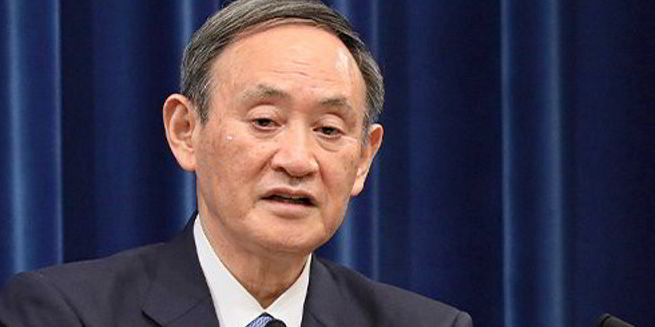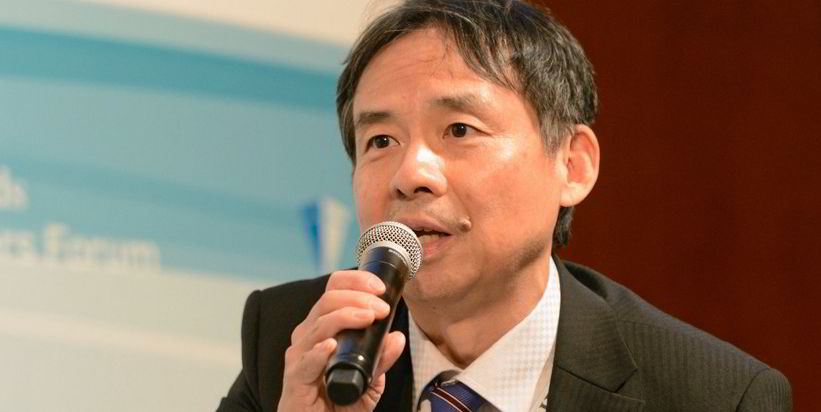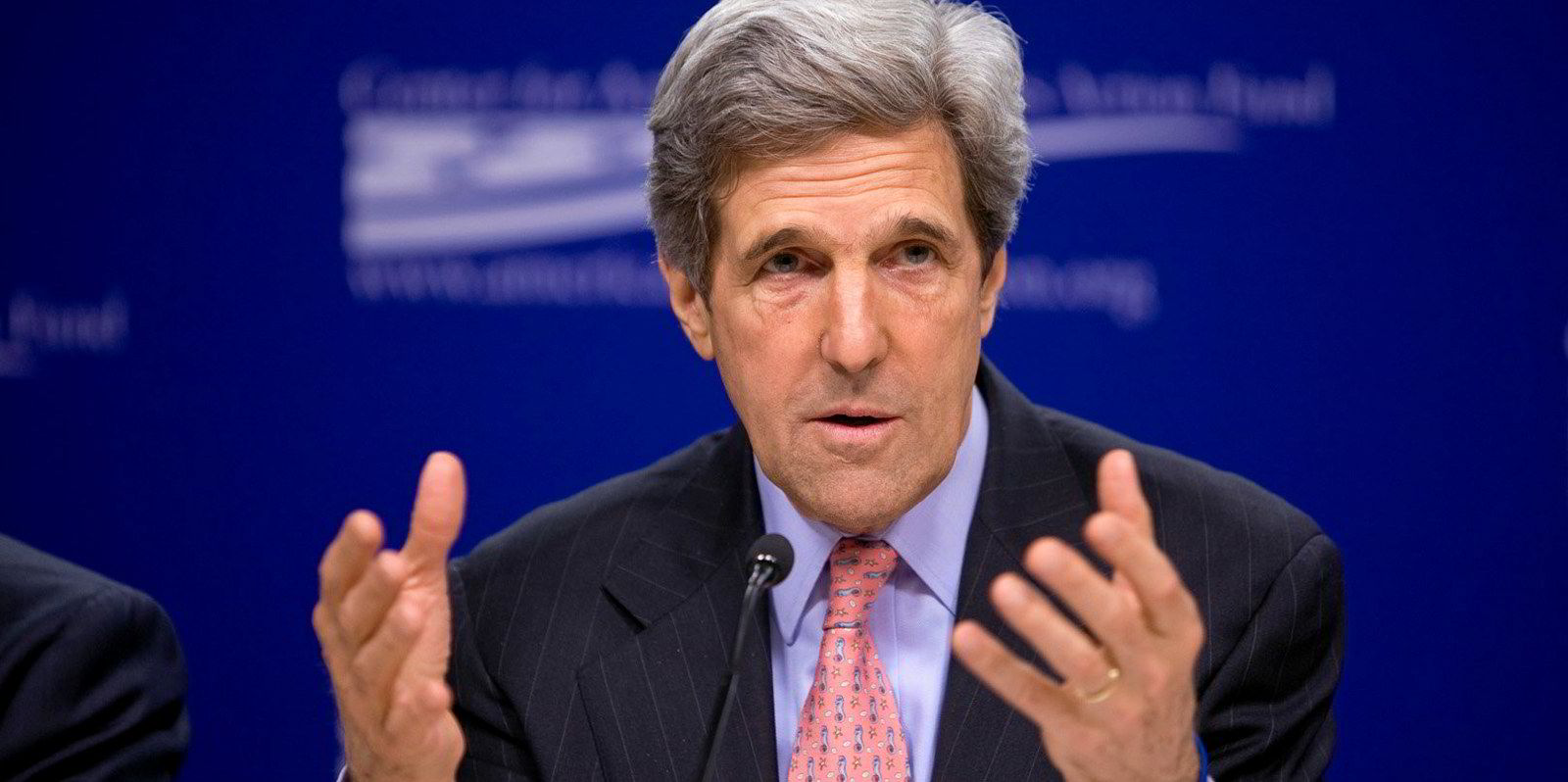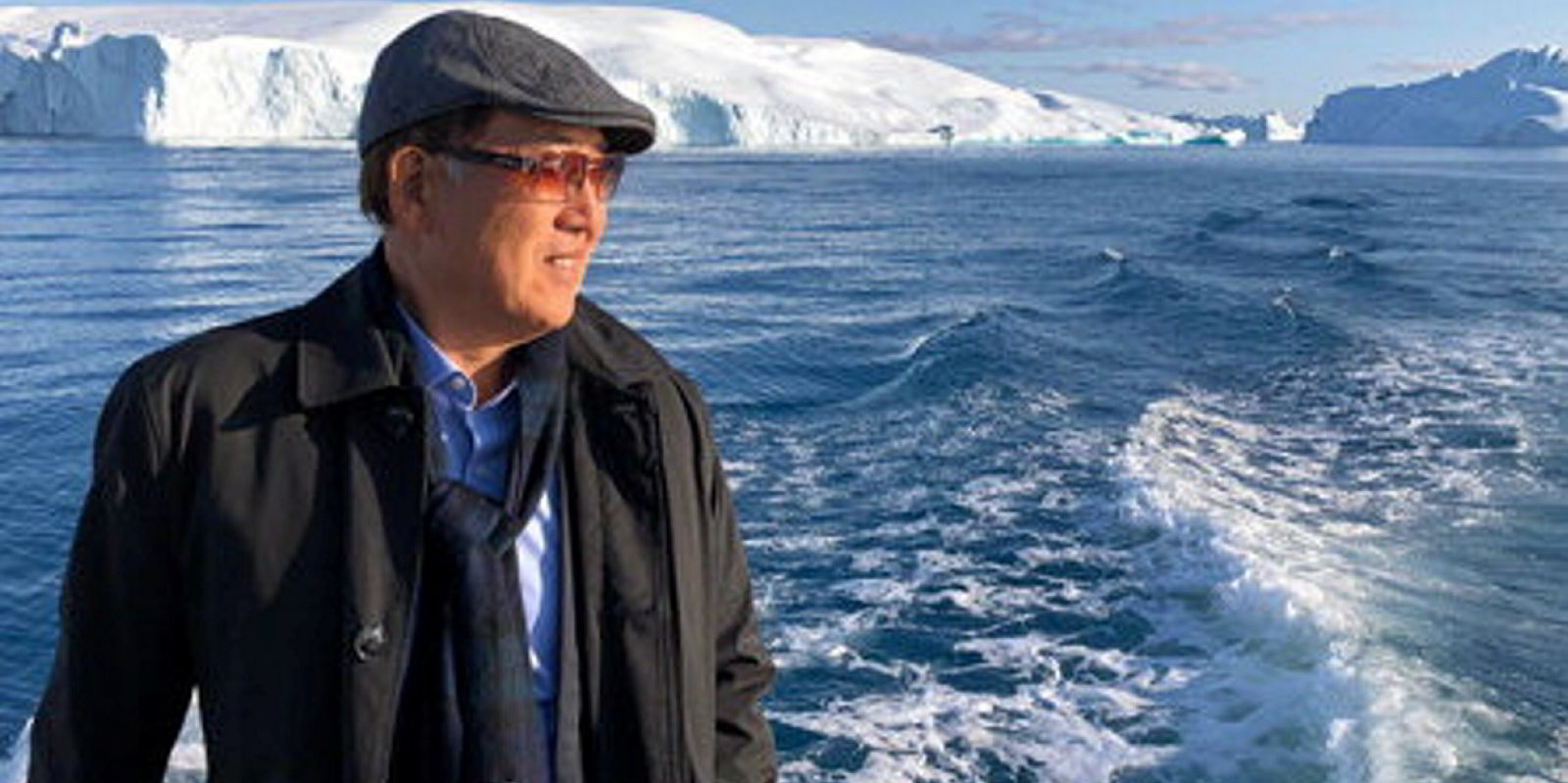The Japanese government has written to senior European Commission environment officials, urging them to drop plans for a regional shipping emissions trading system (ETS).
Brussels is preparing to outline its shipping ETS, and the International Maritime Organization is meeting to approve long-awaited decarbonisation measures.
Shinichiro Otsubo, director general at the Japanese Ministry of Land, Infrastructure, Transport & Tourism, has written to the EC’s Raffaele Mauro Petriccione, director general for Climate Action, and Henrik Hololei, director general for Mobility and Transport, to voice Japan’s opposition.
Discouraging investment
Otsubo urged European officials to work with the IMO to achieve effective decarbonisation measures.
“I would like to request you to continue EU [European Union]’s commitment to global action under the IMO, in lieu of any unilateral regional action at the EU level including the application of an EU-ETS which is currently being considered by the EC,” he wrote.
Otsubo argued that a regional ETS would not help reduce global greenhouse gas emissions, but would discourage investment in decarbonisation technology and block efforts to develop more effective global market-based measures at the IMO.
“Japan, together with mutual respect among various member states, has been continuously and patiently making efforts to provide concrete proposals for the IMO with sufficient logic and rationale aiming at producing tangible new outcomes,” he said.
“Such ongoing efforts at the IMO should not be challenged by unilateral regional action.”
Japan is not the only country in the Far East to voice its opposition to a European ETS. During a consultation period, South Korea and China outlined their own worries over the regulation.
Asian countries, and shipowner associations, also have wider concerns about the legality of the ETS if it is applied to ships for emissions that are produced outside of the EU’s Exclusive Economic Zone.
Accused of watering down measures

One concern in Tokyo is that, in its efforts to secure global agreements for decarbonisation, Japan is being accused of watering down measures.
The view from the civil service heartland of Tokyo’s Kasumigaseki district is that Prime Minister Yoshihide Suga’s government is one of the more progressive developed countries on climate change.
But Japan strongly believes seeking global measures and consensus through the IMO, including market-based measures, is the most effective way for shipping to contribute to decarbonisation.
In his letter, Otsubo said the IMO has already achieved an upgrade for efficiency targets for newbuildings, under a revision of the Energy Efficiency Design Index Phase 3.
Clash looms
It has also formulated measures for improving ship efficiency for existing ships, including the Energy Efficiency Existing Ship Index and the Carbon Intensity Indicator (CII).
Both regulations are up for final approval at the Marine Environment Protection Committee meeting scheduled to start on 10 June, when Japan and EU member countries could clash again.
Japan, China, Argentina and others are backing a proposal for a 2% annual improvement in efficiency under the CII. However, the EU and US want to see the IMO set an efficiency level around double the current proposal.





